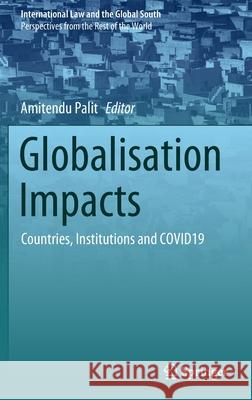Globalisation Impacts: Countries, Institutions and COVID19 » książka
topmenu
Globalisation Impacts: Countries, Institutions and COVID19
ISBN-13: 9789811671845 / Angielski / Twarda / 2022 / 212 str.
Globalisation Impacts: Countries, Institutions and COVID19
ISBN-13: 9789811671845 / Angielski / Twarda / 2022 / 212 str.
cena 570,63
(netto: 543,46 VAT: 5%)
Najniższa cena z 30 dni: 424,07
(netto: 543,46 VAT: 5%)
Najniższa cena z 30 dni: 424,07
Termin realizacji zamówienia:
ok. 10-14 dni roboczych.
ok. 10-14 dni roboczych.
Darmowa dostawa!
Kategorie BISAC:
Wydawca:
Springer
Język:
Angielski
ISBN-13:
9789811671845
Rok wydania:
2022
Ilość stron:
212
Waga:
0.47 kg
Wymiary:
23.39 x 15.6 x 1.27
Oprawa:
Twarda
Wolumenów:
01
Dodatkowe informacje:
Wydanie ilustrowane











